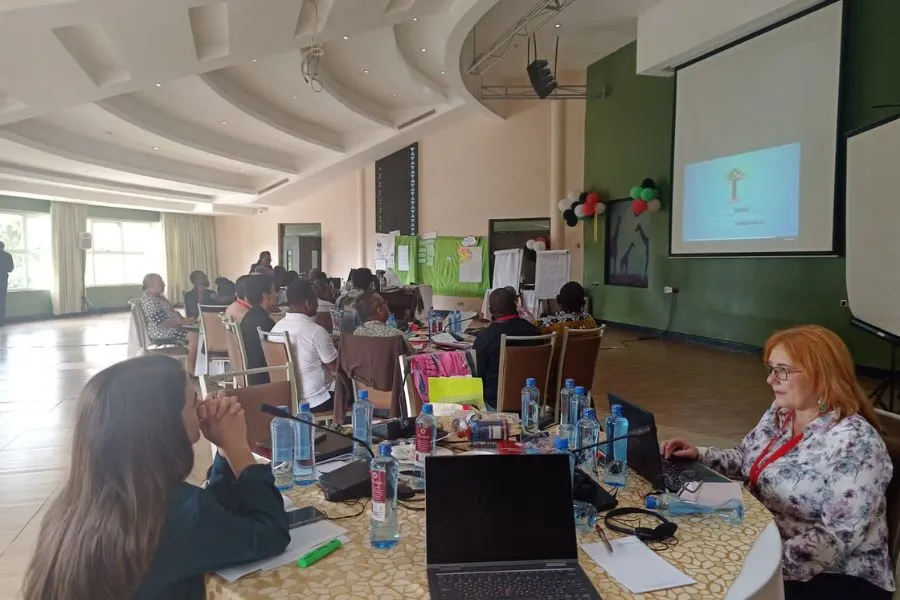Nairobi, 26 November, 2023 / 9:55 pm (ACI Africa).
Members of Caritas Internationalis (CI) in Africa are set to benefit from a wide range of educational and funding strategies unveiled by the international humanitarian agency to enhance the protection of minors and vulnerable adults on the continent.
Speaking at a four-day training workshop that was organized in Nairobi, Kenya, to equip participants in Africa with more knowledge on the revised Caritas Internationalis Management Standards (CI MS), Annamária Vrzáčková, the Program Manager of CI MS described safeguarding as an area that is still very low in terms of the level of compliance with the CI standards.
“From what has been shared, I think the area that is still posing many challenges for African organizations is safeguarding partly because it is a new topic,” Annamária told ACI Africa on the sidelines of the workshop that ended on Thursday, November 23.
She added, “We need to tell people what tools to use and how to use the tools to make sure that people from the community who are involved in different programs are not abused and are not suffering harassment, but they are protected.”
The training workshop in Nairobi also targeted CI MS coordinators from Caritas North Africa and the Middle East (MONA).








